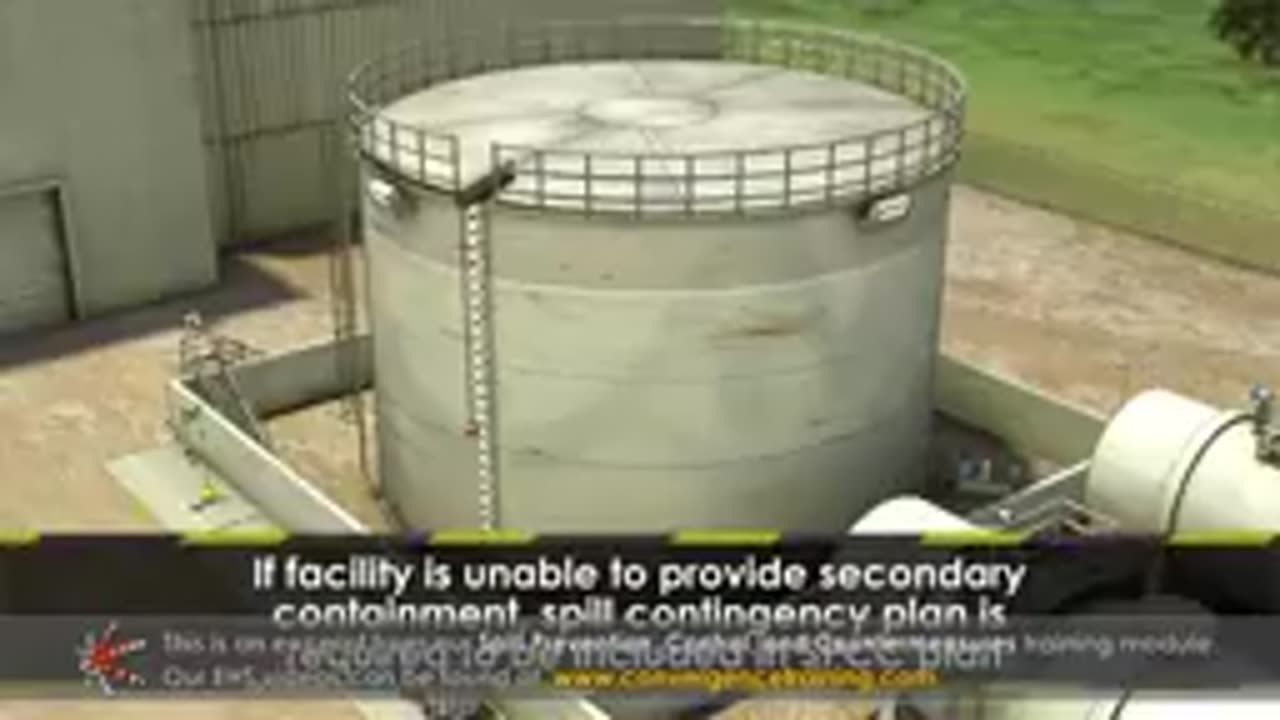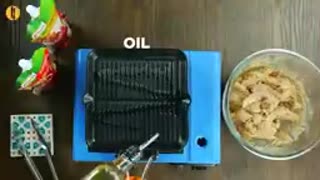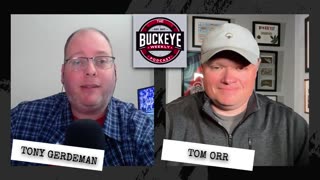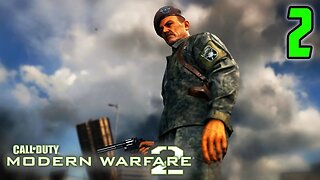Premium Only Content

Spill Prevention, Control, and Countermeasures Training
Spill Prevention, Control, and Countermeasures (SPCC) training is designed to educate individuals and organizations on how to prevent, contain, and manage oil spills effectively. It is a key component of compliance with the U.S. Environmental Protection Agency's (EPA) SPCC Rule, which aims to protect water resources from oil contamination. Here’s an overview of what SPCC training typically covers:
### 1. **Purpose of SPCC**
- Understanding the importance of preventing oil spills to protect the environment and water resources.
- Familiarization with the SPCC Rule (40 CFR Part 112).
### 2. **Key Components of the SPCC Plan**
- **Prevention:** Steps to avoid spills, such as proper storage, handling, and maintenance of oil-containing equipment.
- **Control:** Measures to contain spills, including secondary containment systems like berms and dikes.
- **Countermeasures:** Steps to clean up spills and minimize environmental impact.
### 3. **Oil Storage and Handling**
- Best practices for storing oil in tanks, drums, and containers.
- Identifying potential spill sources (e.g., piping, transfer areas).
- Proper labeling and maintenance of oil storage units.
### 4. **Secondary Containment**
- Design and functionality of secondary containment systems.
- Inspection and maintenance of containment structures.
### 5. **Emergency Response Procedures**
- Immediate actions to take during a spill (e.g., shutting off valves, notifying authorities).
- Reporting requirements (who to contact and when).
- Use of spill kits, absorbents, and other response tools.
### 6. **Inspection and Recordkeeping**
- Routine inspections of oil storage areas and equipment.
- Maintaining accurate records of inspections, training, and spill events.
### 7. **Training Requirements**
- Frequency of training (typically annual or as needed).
- Ensuring all personnel handling oil or managing spill response are trained.
### 8. **Case Studies and Exercises**
- Reviewing real-life spill scenarios and responses.
- Conducting spill drills to practice emergency procedures.
### Who Should Attend?
SPCC training is required for:
- Facility managers and supervisors responsible for implementing the SPCC Plan.
- Personnel involved in oil handling, storage, or spill response.
- Maintenance staff working with oil-containing equipment.
### Delivery Methods
- **In-Person Training:** Workshops or on-site sessions.
- **Online Training Modules:** Convenient and self-paced options.
- **Combination:** Blending online courses with in-person drills.
### Certification
Participants usually receive a certificate of completion, which should be documented as part of the facility’s compliance records.
If you're organizing or attending SPCC training, is there a specific aspect you'd like to focus on?
-
 1:35
1:35
HSESafetyInformation
7 months agoMutton Chops two ways- baked & grilled Recipe by Food Fusion (Eid Recipe)
67 -
 0:36
0:36
Danny Rayes
2 days ago $0.40 earnedFacebook Needs To Be Stopped...
1.89K3 -
 LIVE
LIVE
Total Horse Channel
16 hours agoAMHA World Show 2025 9/21
1,230 watching -
 1:29:02
1:29:02
Game On!
1 day ago $6.26 earnedTHEY'RE BACK! NFL Wise Guys Return For Week 3 BEST BETS!
26.3K2 -
 6:16
6:16
China Uncensored
1 hour agoHow Trump Plans on Stopping Russia and China—Without Firing a Shot!
3.7K7 -
 33:13
33:13
Ohio State Football and Recruiting at Buckeye Huddle
13 hours agoOhio State Football: 10 Things We Learned Watching Washington's Win over Colorado State
2.25K -
 1:14:04
1:14:04
NAG Entertainment
14 hours agoKickback w/ Leon - Rocket League: Road to GC
8.59K -
 30:13
30:13
Degenerate Plays
1 hour agoBritish Insults Are Hilarious - Call of Duty: Modern Warfare 2 (2009) : Part 2
3.94K1 -
 6:42
6:42
NAG Daily
18 hours agoCharlie Kirk: His Words. His Vision. His Movement.
29.6K26 -
 21:42
21:42
Jasmin Laine
19 hours ago“Kimmel Isn’t a Victim, Charlie Kirk Was”—Gutfeld OBLITERATES Liberal Media Over FAKE Outrage
30.3K29